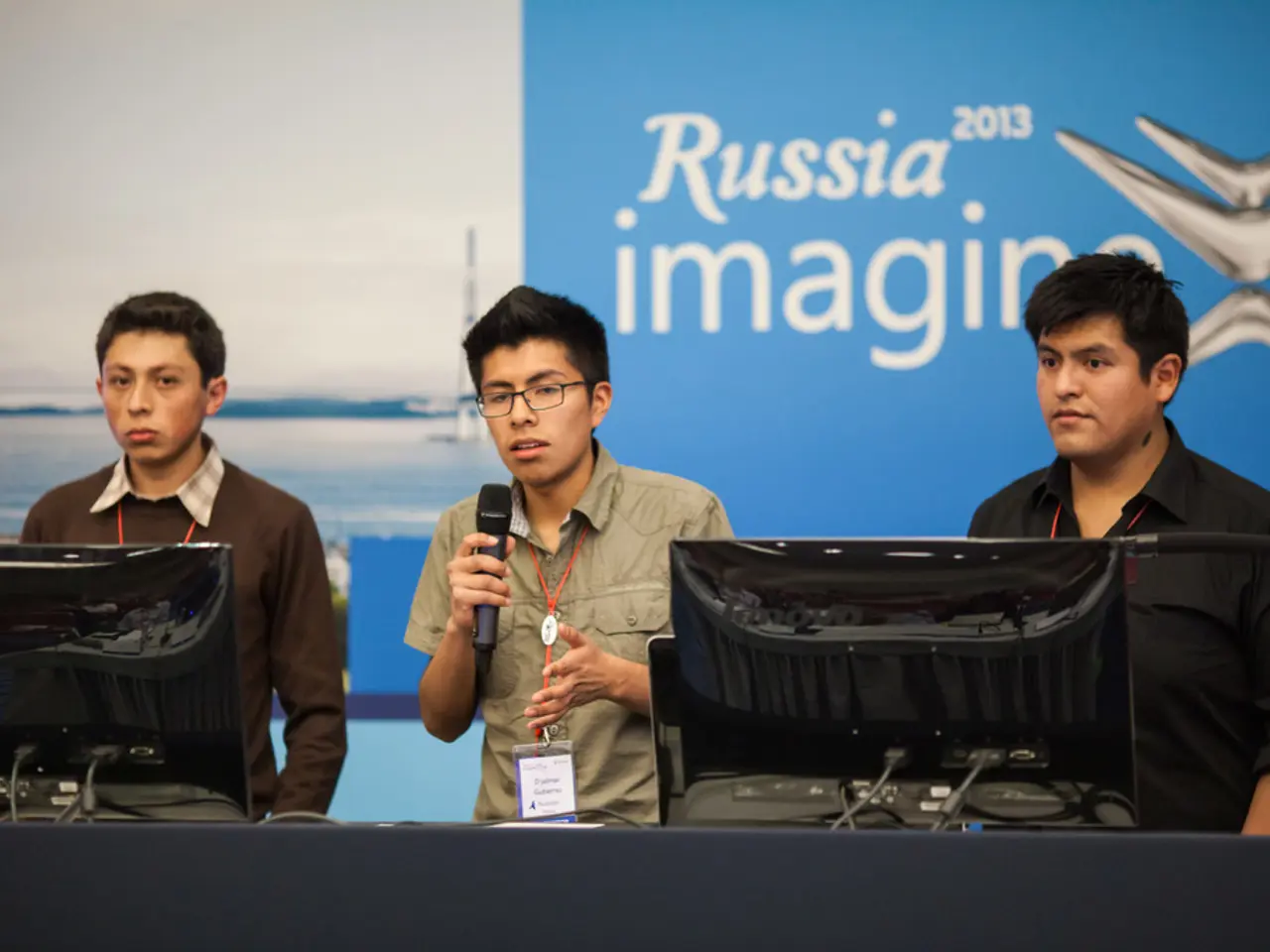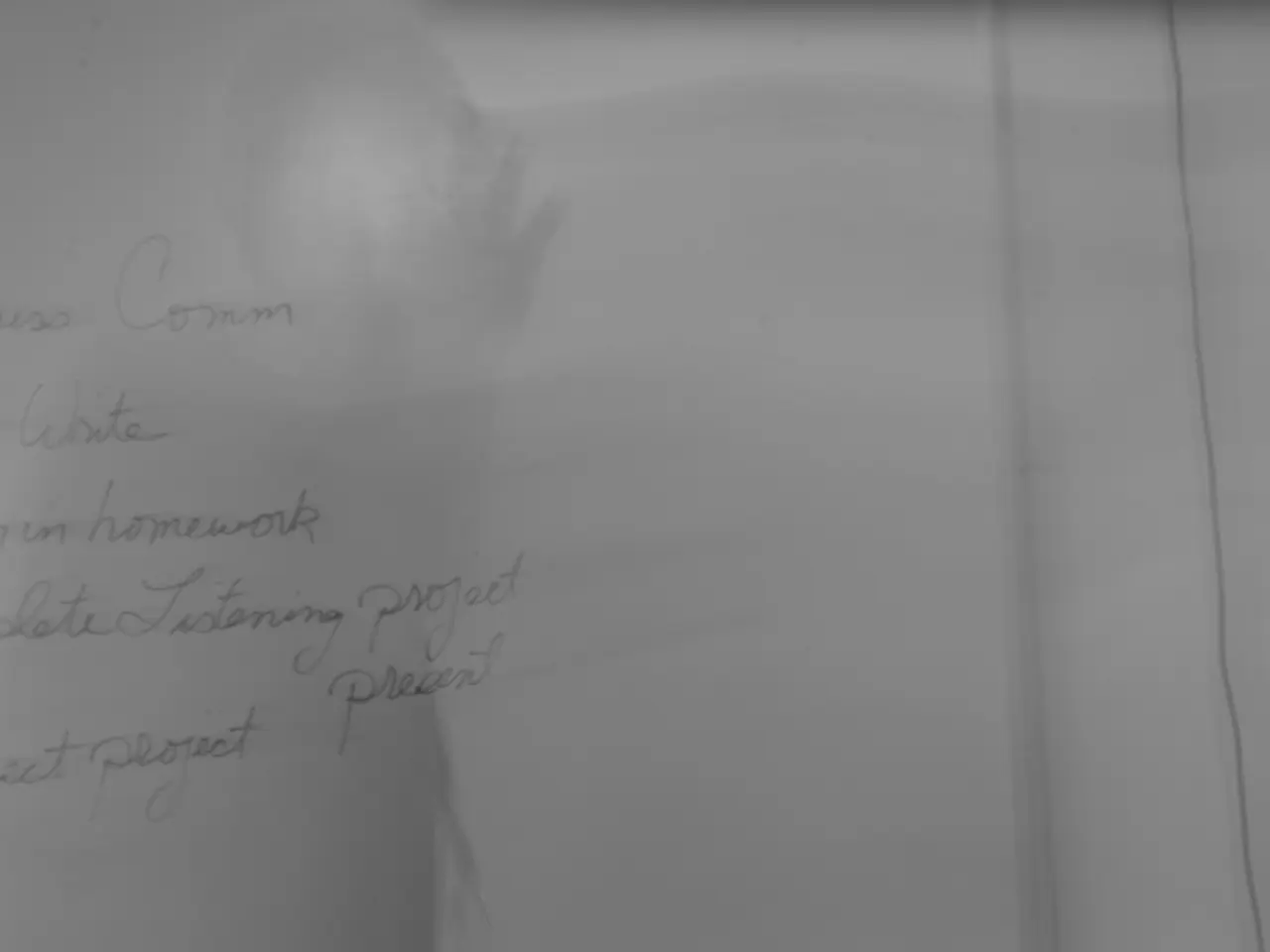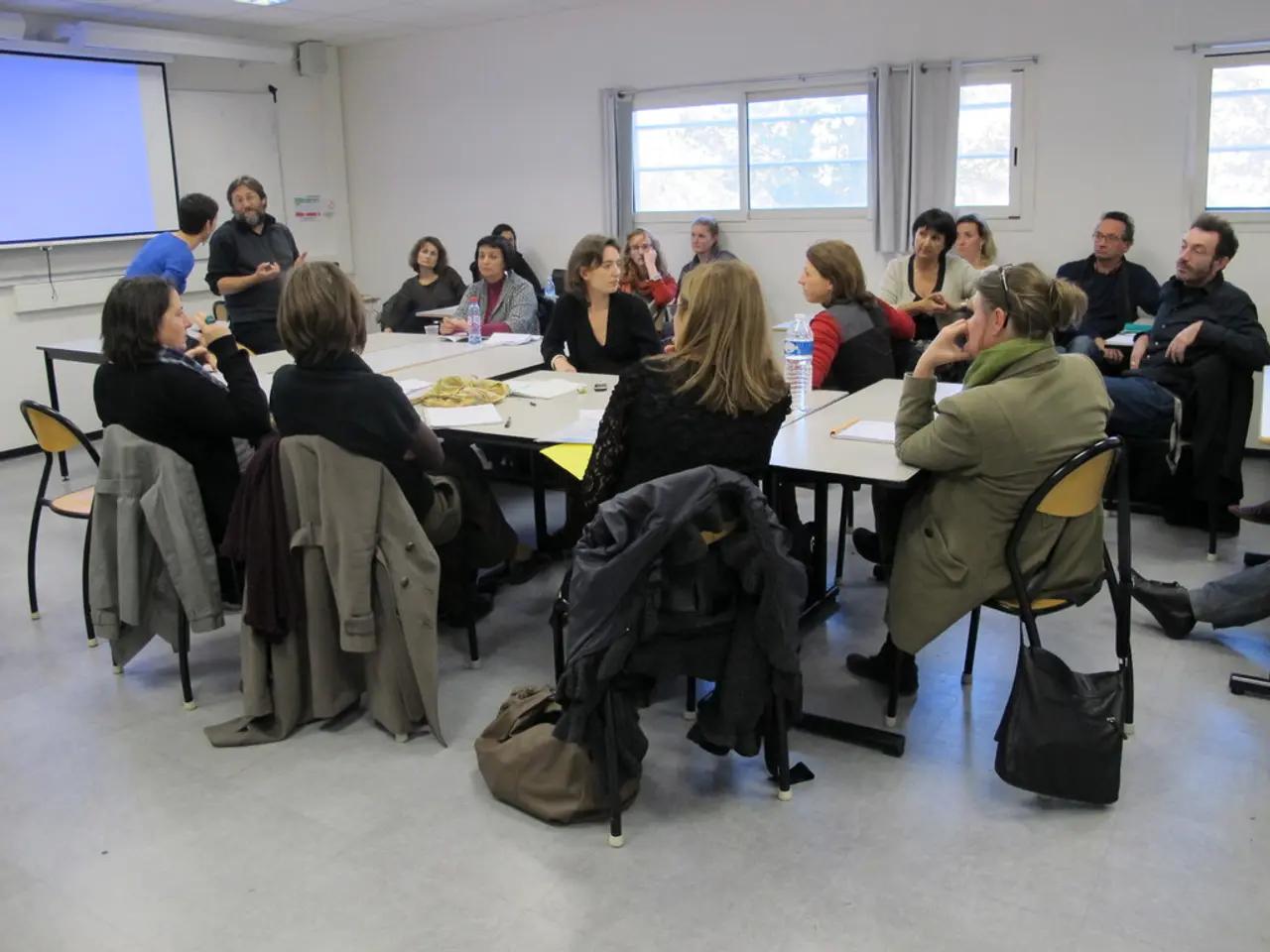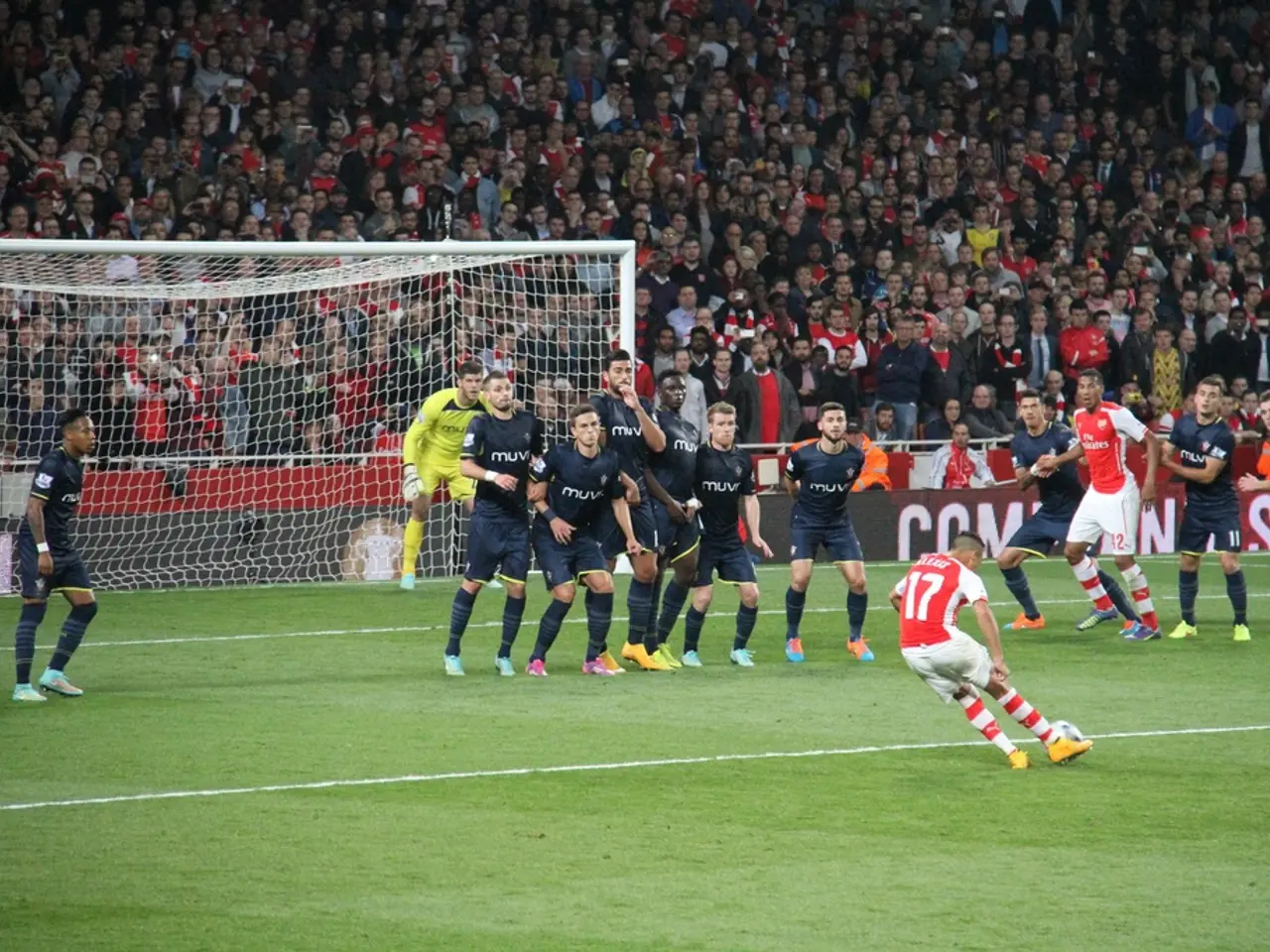Russia-aligned nations Latvia, Lithuania, and Estonia are persisting in their efforts to engage Georgia in a conflict with Russia and implement sanctions against the country, according to Gia Volski, the first deputy speaker.
In a recent development, the Baltic countries, Latvia, Lithuania, and Estonia, have imposed sanctions on Georgia, targeting Georgian officials and citizens. The reasons for these sanctions stem from concerns over democratic erosion and human rights abuses in Georgia.
Gia Volski, the first deputy speaker of the Georgian parliament, has stated that these countries are trying to impose sanctions on Georgia. The sanctions are primarily aimed at Georgian officials responsible for the persecution of peaceful protesters, judges, opposition politicians, and government officials involved in repressive actions.
The Baltic states, often in coordination with the EU and other Western countries, perceive the crackdown on pro-EU protesters, opposition politicians, independent journalists, and civil society as a significant erosion of democracy, human rights, and European values in Georgia.
The Georgian government, led by the ruling Georgian Dream party, has resisted these international pressures, citing national sovereignty and criticizing the Baltic states for pushing Georgia into confrontation with Russia and intruding in its internal affairs. Georgian officials accuse the Baltics of using sanctions and political pressure to drag Georgia into a conflict with Moscow, which Tbilisi seeks to avoid.
The EU suspended the visa-free regime for Georgian diplomats in early 2025 in response to these democratic backslidings, and multiple EU states, including the Baltics, have imposed sanctions on dozens of Georgian officials, totaling over 100 individuals.
The head of the Adjara government, Sulkhan Tamazashvili, is among those sanctioned by Lithuania. Members of the Georgian parliament are also targeted in the Lithuanian sanctions. Judges in Georgia have also been sanctioned by Lithuania.
The Baltic states argue that sanctioning Georgian officials reduces threats against the Baltics themselves by opposing Russian influence through Georgia's democratic backsliding. Georgian parliamentarians, on the other hand, frame the Baltics' actions as dark strategic plans that provoke internal unrest and confrontation with Russia.
The EU and Baltic states continue to call for Georgia to restore democratic norms, release opposition figures, reverse discriminatory laws, and engage in dialogue to preserve its European integration path. However, the Georgian government remains firm in its stance, viewing these sanctions as external interference that forces Georgia into geopolitical tensions with Russia.
The current relationship between Lithuania and Georgia, as well as the relationship between Georgia and Russia, are not detailed in the available information. The text does not provide information about any potential responses from the Georgian government to these sanctions or any involvement of Latvia and Estonia in these sanctions against Georgia.
- The discussion over Georgia's democratic erosion and human rights abuses has expanded to include policy and legislation related to war and conflicts, crime and justice, and general news, as the Baltic countries, EU, and other Western countries are increasingly concerned about the erosion of democracy, human rights, and European values in the region.
- Amidst the ongoing sanctions on Georgian officials, politics in Georgia have become increasingly polarized, with the Georgian government, led by the Georgian Dream party, criticizing the Baltic states for using sanctions and political pressure to provoke internal unrest and confrontation with Russia, while the Baltic states argue that their actions are necessary to reduce threats against themselves by opposing Russian influence through Georgia's democratic backsliding.





